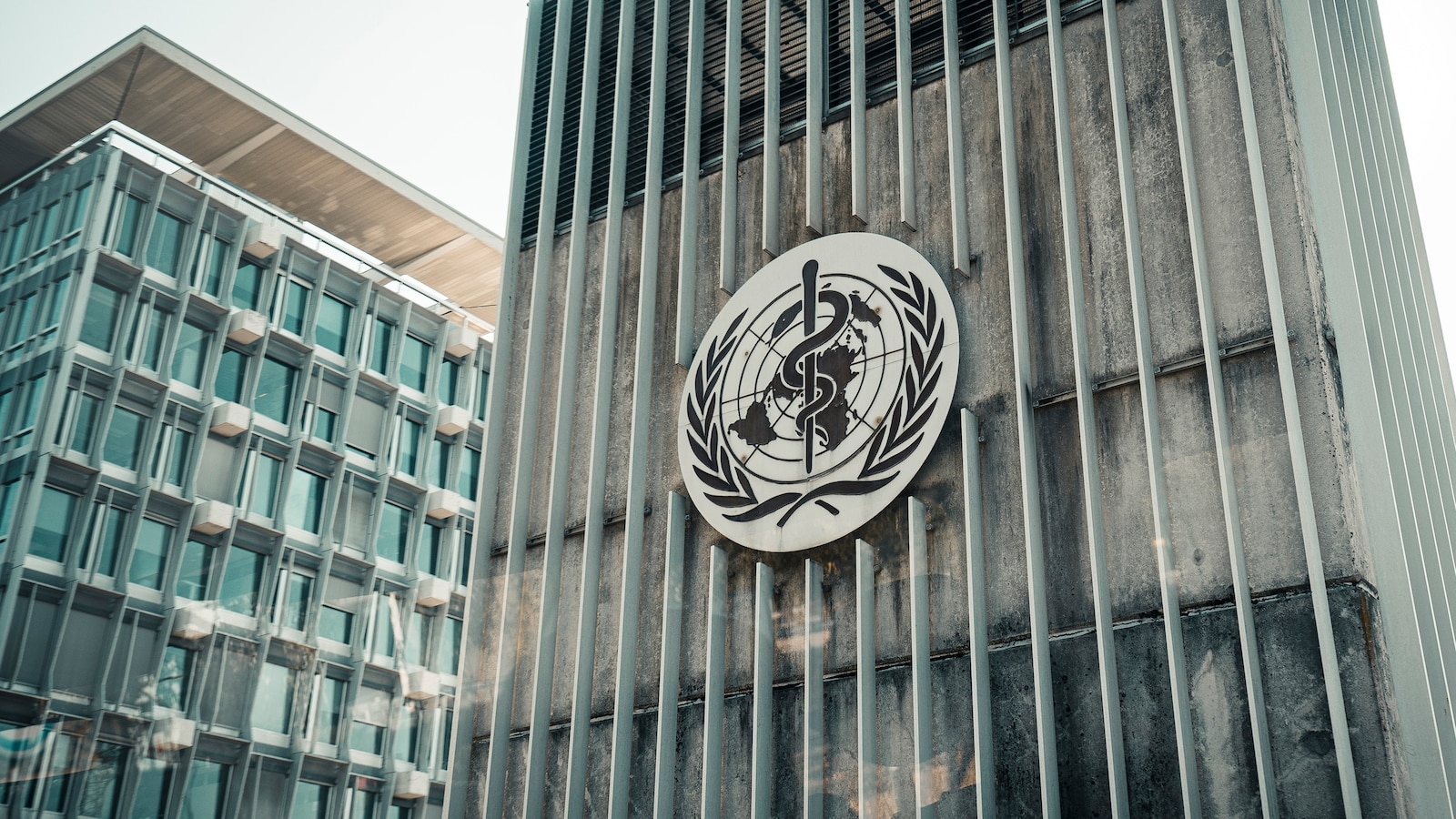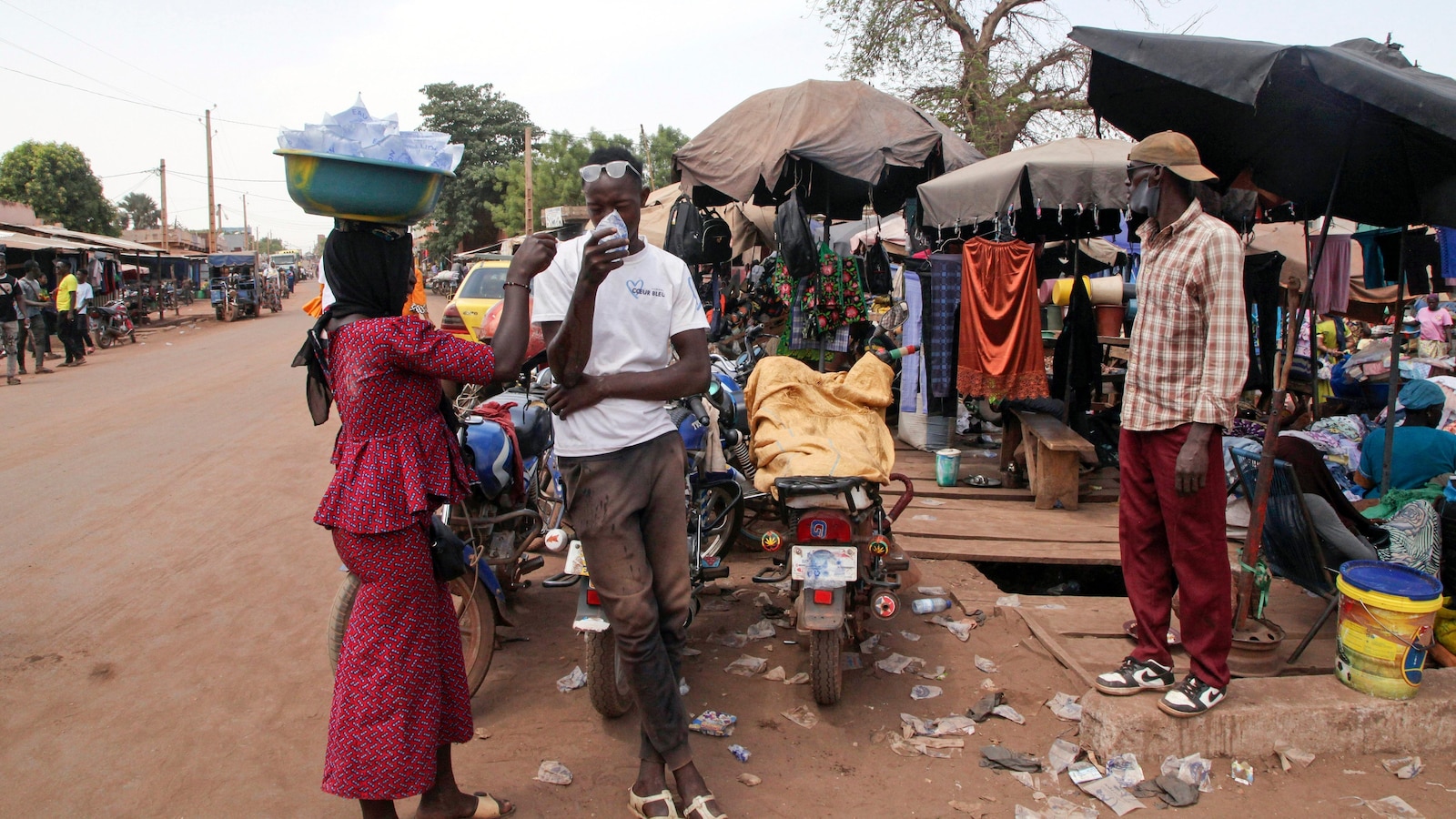Mpox Outbreak: A Comprehensive Overview
Introduction
Mpox, formerly known as monkeypox, is a viral infection that has raised global concern in recent months. The World Health Organization (WHO) has declared mpox a public health emergency of international concern (PHEIC), emphasizing the urgent need for international attention and action. This blog post delves into the various aspects of the mpox outbreak, providing detailed and easy-to-understand insights.
Global Outbreak
As of July 2023, over 14,000 mpox cases have been reported in the Democratic Republic of Congo (DRC) alone, leading to 524 fatalities. The WHO’s declaration of a PHEIC highlights the alarming rate of transmission and the potential for global spread.
In the United States, the Centers for Disease Control and Prevention (CDC) has reported over 1,600 mpox cases this year, a significant increase compared to the same period last year. However, this number is still lower than the peak of the U.S. mpox outbreak in 2022.
Clades and Transmission
There are two main types of mpox: clade I and clade II. While clade I has historically caused localized outbreaks in Central Africa, researchers have identified a new variant, clade Ib, which is primarily spread through sexual contact and appears to be driving the current outbreak in the DRC.
The detection of clade Ib in neighboring African countries that have never reported mpox cases before has prompted the WHO to convene an emergency committee meeting. This suggests the potential for further spread within Africa and beyond.
Prevention and Treatment
Currently, the JYNNEOS vaccine is the only FDA-approved vaccine for preventing mpox. Data from Africa indicates that two doses of JYNNEOS are at least 85% effective in preventing infection.
Treatment options for mpox are limited, but antiviral medications such as tecovirimat and brincidofovir may be considered for severe cases. Supportive care and symptom management are crucial.
Risk Assessment
According to the CDC, the risk of the mpox circulating in the DRC is low to the American public. However, it is important to remain vigilant and aware of the potential for spread.
Individuals who have traveled to affected areas or have been in contact with someone infected with mpox should monitor themselves for symptoms and seek medical attention if necessary.
Ongoing Response
International organizations, national health authorities, and researchers are working collaboratively to control the spread of mpox. The WHO is providing support to countries affected by the outbreak, including surveillance, laboratory capacity building, and vaccine distribution.
Continued efforts are required to raise awareness, implement preventive measures, and provide timely medical care to those affected by mpox.
Conclusion
The mpox outbreak presents a significant public health challenge. By understanding the nature of the virus, the modes of transmission, and the available preventive measures, we can effectively combat its spread and protect global health. International cooperation, scientific research, and public health interventions are crucial to mitigating the impact of this emerging infectious disease.



